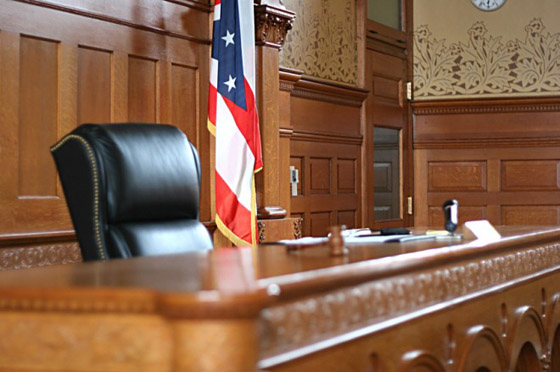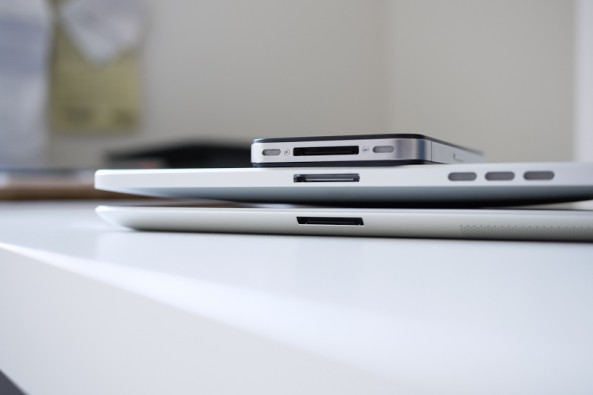
In March, U.S. District Judge for Eastern Texas Leonard Davis awarded patent holding firm VirnetX with an ongoing 0.98% royalty on iPhone and iPad revenues. Apple has been fighting vigorously to avoid that outcome, but its last-ditch efforts have been unsuccessful. On Friday, the U.S. Patent Trial and Appeal Board denied a creative strategy that Apple used to challenge the patents…
Apple attempted to use a defensive patent aggregator called RPX to file an “inter partes review” against the VirnetX patents, related to FaceTime and VPN On Demand functions, that it was found to be infringing upon. The company is barred from filing an IPR itself, since it already had a chance to present its case to the court. Ultimately, the Appeals Board denied RPX’s petition because it was deemed to be acting as a proxy on behalf of Apple.
The decision puts VirnetX in a much greater position of winning the nearly 1% royalty on revenues for infringing iOS devices in the United States. Based on one estimate, that royalty could amount to over $341 million for the patent holding firm on an annual basis. The infringing iOS devices include the iPhone, iPhone 3G, iPhone 3GS, iPhone 4, iPhone 4S, iPad, iPad 2, iPad 3, and fourth- and fifth-generation iPod touch.
VirnetX still has to prove its case in front of the Federal Circuit before it is awarded the royalty on infringing devices. You can bet that Apple and its legal team will be doing everything it can to avoid paying up, so this legal battle could be far from over.
Apple has good reason to put up a fight, too.
VirnetX is a non-practicing entity that conducts no other business outside of asserting its patents against other companies. These type of companies are often labeled as “patent trolls,” attempting to cash in big by fighting small and large corporations alike for patent infringement. In 2010, VirnetX collected a $200 million settlement from Microsoft. It has also reached licensing agreements with NEC, Siemens, and Avaya.
While I respect that the patent system puts measures in place to protect intellectual property, it is disappointing that patent trolls are able to assert their idle patents against companies like Apple and Microsoft. What makes it worse is that most patent trolls don’t even have any tangible products or services. That, coupled with patent trolls going after smaller companies, ones that simply cannot afford to pay the expensive legal fees required to defend themselves, is part of the reason why many critics think the patent system is broken.
We’ll be sure to keep you updated as we learn more. Meanwhile, the original report on Ars Technica provides deeper analysis and PDFs of the legal documents.
How do you feel about patent trolls?
